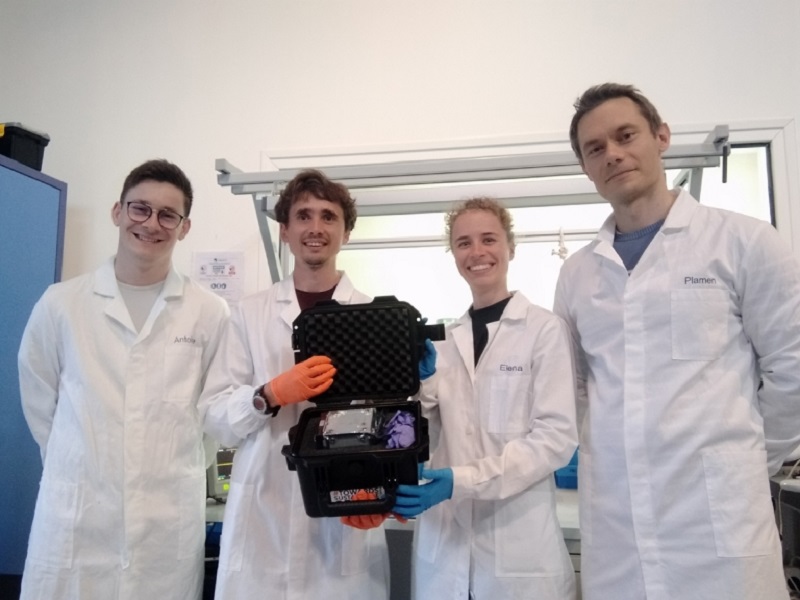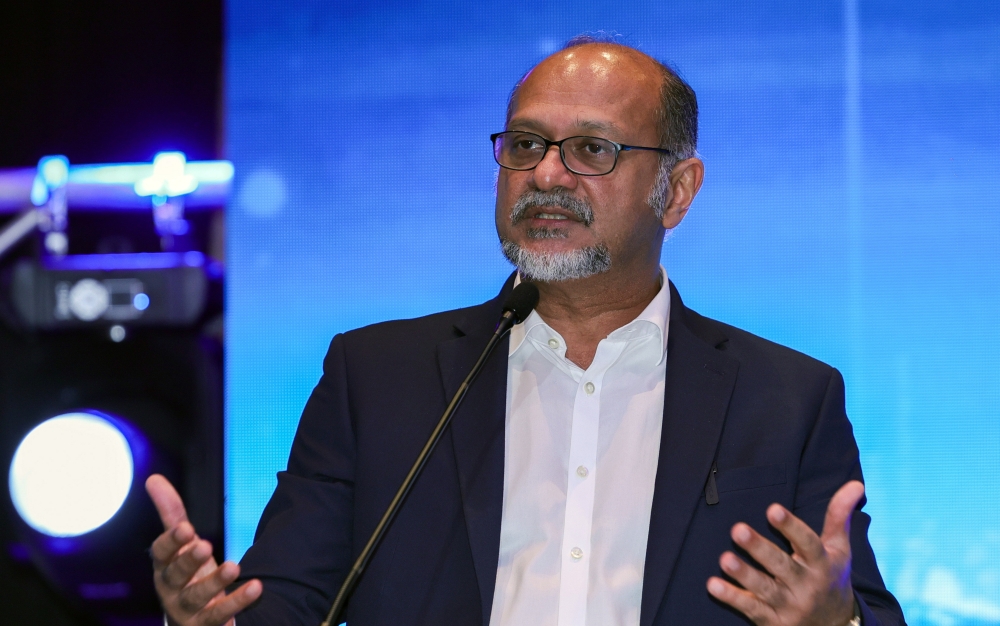PARIS, Nov 10 ― French startup ThrustMe ― founded by researchers from the French National Center for Scientific Research (CNRS) and the École Polytechnique ― claims a world first with the first-ever electric motor for satellites that uses iodine, a substance that is denser, easier to integrate and cheaper than gaseous propellants such as xenon.
Iodine is a trace element that is a member of the halogen family. Its properties have now led it to become an alternative to other, more conventional gaseous propellants.
ThrustMe makes small-format propulsion solutions for lightweight satellites, deployed in constellations on synchronised orbits to cover the entire world. They are generally used to provide internet access or to monitor agricultural crops, for example.
Using iodine allows ThrustMe to develop motors that are both compact and high-performance, offering a credible alternative to the gases currently used as propellants.
Last week, a first model was successfully sent into space from Taiyuan (China), in collaboration with satellite maker SpaceTy. Here, iodine is stored in solid form, making it easier to integrate into the satellite. Being denser, it can be used to build motors that are smaller and lighter. Finally, iodine is considerably cheaper than the gases traditionally used in the aerospace industry.
This new technology is destined to meet growing demand as satellite constellations flourish. For the moment, ThrustMe is one step ahead of Nasa, which is also working on this technology, and has already signed an agreement with the European Space Agency (ESA) for the development of motors using solid iodine.― AFP-Relaxnews




















